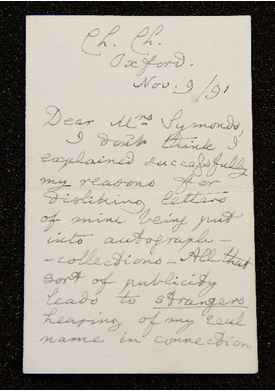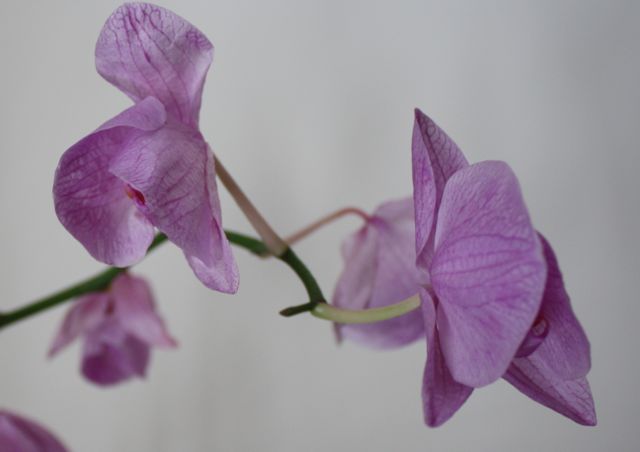Pondering profanity
/I was probably eight years old the first time I swore in front of my parents.
I was playing outside and saw a garter snake. I love snakes and - being the stupidly enthusiastic animal lover that I am - I said, "I love you, snake, come here" as I rushed to pick it up. The snake wisely turned and bit me. My affection quickly extinguished, I dropped the snake and screamed "You bastard!"
(Now that I think about it, this was an accurate foreshadowing of my love life through my early 20s.)
My parents, after a moment of wondering if we needed to go to the emergency room, started laughing.
I learned something really important that day: swearing is funny.
Swearing is funny for a number of reasons, but mostly it is funny because it is unexpected. It jolts us out of the regular flow of things. It wakes us up.
I love swear words for this simple reason -- I love words.
Words have long been my closest friends. I learned to read when I was three years old, and since I started working as an actor and traveling for shoots when I was four, books were more commonly my companions than other children. Whenever I was lonely, I could dive into that literary world that was populated with characters who would always be there for me. I have a deep and everlasting love affair with the written word.
That's why I refuse to believe that some words that are "bad." I just can't think of them that way. (Okay, maybe except for the word "slacks" which is just a terrible word and it should be banished from the English language entirely.)
But words themselves simply can't be good or bad. They just are, and that's the beauty of them. They can only be infused with our intent. They can be used in ways that are beautiful or ugly or heart wrenching or enlightening. The only way I won't use words is to degrade other people, so words that are commonly used in that way don't show up in my work. But as for the rest of them, they are fair game in all their magical combinations.
I know some get offended when I swear. People say that I'm not a "lady" because of my language (don't even get me started on that) and I think some people forget that I'm no longer 14-years old and so I can say whatever I'd like, which is one of the many perks of being an adult person. But I figure if I can drop the F-bomb in front of my grandmother and she never flinched - she was a master of words and could use some choice ones - no one else should get overly worked up about it.
I don't swear because I can't think of a different word. It's not out of ignorance or a desire to annoy anyone. I use profanity as a punctuation mark. It reaches out and grabs a reader and brings them fully into the moment of the piece. It's meant to express how I truly feel, the words come from the depths of my heart out of my fingertips and onto the keyboard. And sometimes what comes up is a curse word.
I use them sparingly because, with overuse, any word can lose its power. I use them thoughtfully because I choose every word I put on the page with the loving care that one might use to tend a rose garden.
And I know that it makes some clutch their pearls in horror, but the simple truth is that I swear because I love my garden of words.
Even the words with thorns.
***Recently, the New York Times even backed all this up. Yay for swearing!
——– You can leave a comment here, or join us on Facebook or Twitter!









